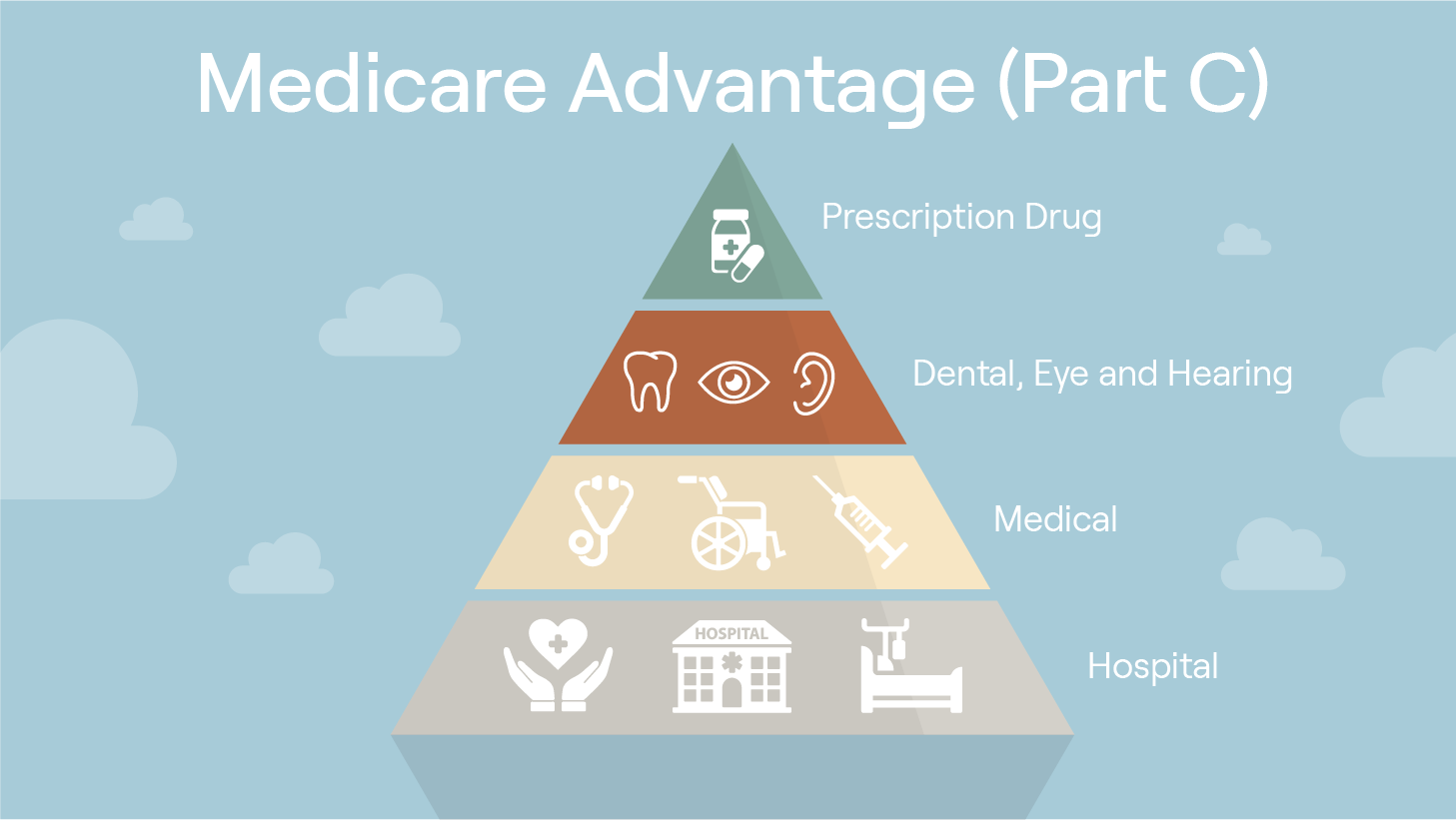Is IUL a Good Investment? A Comprehensive Guide
Investing in the right product is a crucial decision that can impact your financial goals in the long run. The market offers a range of investment options, and one such option is Indexed Universal Life Insurance (IUL). This article aims to provide a comprehensive guide to help you understand whether IUL is a good investment for you.
Table of Contents
- Introduction
- What is Indexed Universal Life Insurance?
- How does IUL work?
- Pros of Investing in IUL
- Tax-Advantaged Growth
- Protection against Market Downturns
- Flexibility
- Cons of Investing in IUL
- Complicated Structure
- High Fees
- Lower Returns compared to other Investment Options
- Who should invest in IUL?
- Alternatives to IUL
- Tips for Investing in IUL
- Conclusion
- FAQs
Introduction
Before we dive into whether IUL is a good investment, let’s first understand what it is.
What is Indexed Universal Life Insurance?
Indexed Universal Life Insurance (IUL) is a type of permanent life insurance that offers a death benefit and an investment component. In IUL, the cash value grows based on the performance of a stock market index, such as the S&P 500.
How does IUL work?
In IUL, the policyholder pays a premium, a portion of which goes towards the cost of insurance, and the remaining amount goes towards the investment component. The investment component is typically linked to a stock market index, and the cash value of the policy grows based on the performance of the index.
Pros of Investing in IUL
Tax-Advantaged Growth
One of the most significant advantages of investing in IUL is the tax-advantaged growth. The cash value of the policy grows tax-deferred, meaning you don’t have to pay taxes on the growth until you withdraw it.
Protection against Market Downturns
IUL policies also offer protection against market downturns. The policyholder’s cash value will not decrease if the stock market index falls, ensuring that the investment component is protected.
Flexibility
IUL policies offer flexibility in terms of premiums and death benefits. The policyholder can adjust the premium payments or death benefits according to their changing needs.
Cons of Investing in IUL
Complicated Structure
One of the main drawbacks of IUL is the complicated structure. The investment component is linked to a stock market index, and the cash value growth is subject to caps, floors, and participation rates. These complicated structures can make it difficult for the policyholder to understand the policy’s performance.
High Fees
IUL policies also come with high fees, including administrative fees, mortality fees, and expense charges. These fees can eat into the policy’s cash value and reduce the overall returns.
Lower Returns compared to other Investment Options
Although IUL policies offer protection against market downturns, they also come with lower returns compared to other investment options. The complicated structures and high fees can significantly impact the policy’s overall returns.
Who should invest in IUL?
IUL policies are suitable for individuals who want to protect their assets from market downturns and enjoy tax-advantaged growth. It is also suitable for individuals who have maxed out their 401(k) or IRA contributions and want to invest in an additional tax-deferred option.
Alternatives to IUL
If you are not comfortable with the complicated structures and high fees of IUL, there are alternative investment options available, such as traditional whole life insurance, term life insurance, mutual funds, and exchange-traded funds (ETFs).
Tips for Investing in IUL
If you decide to invest in IUL, here are some tips to keep in mind:
- Work with a reputable insurance agent or financial advisor who has experience with IUL policies.
- Understand the policy’s caps, floors, and participation rates to assess its performance.
- Ensure that the policy’s death benefit is adequate for your needs.
- Monitor the policy’s fees and understand how they impact the overall returns.
- Review the policy regularly and adjust the premiums and death benefits as necessary.
Conclusion
Investing in IUL can offer tax-advantaged growth and protection against market downturns. However, the complicated structures, high fees, and lower returns compared to other investment options may not make it suitable for everyone. It is crucial to understand the policy’s features, work with a reputable agent or advisor, and review the policy regularly to ensure it meets your changing needs.
FAQs
- Can I withdraw money from my IUL policy? Yes, you can withdraw money from your IUL policy. However, the withdrawal may be subject to surrender charges and taxes.
- What happens to my IUL policy if the stock market index falls? The policy’s investment component is protected against market downturns, meaning that the cash value will not decrease if the stock market index falls.
- Can I change the death benefit of my IUL policy? Yes, you can adjust the death benefit of your IUL policy based on your changing needs.
- Are there any tax implications when I withdraw money from my IUL policy? Yes, the withdrawal may be subject to income tax if it exceeds the amount of premiums paid into the policy.
- How do I know if IUL is the right investment option for me? Consulting with a reputable insurance agent or financial advisor can help you determine whether IUL is a suitable investment option for your financial goals and risk tolerance.
- What is the Average Return on an IUL?
- Get the Most Long-Term Protection for Your Money with Indexed Universal Life Insurance (IUL)
- What are the Warning Signs of a Problematic Annuity?
- Is it a Good Idea to Have an IUL?
- “Understanding Indexed Universal Life Insurance: Risks, Rewards, and Financial Planning”
Benefits of Medicare Advantage for Veterans
Veterans and Medicare Advantage plans represent a crucial intersection of health- care services designed to enhance the medical coverage available…
10 Essential Insurance Tips to Protect Your Future
1. Assess your insurance needs based on income, assets, and dependencies. 2. Understand policy types: life, health, auto, home, and…
ACA 2025 Open Enrollment
The ACA 2025 Open Enrollment Period represents a pivotal opportunity for individuals and families to obtain health insurance coverage under…
Medicare Annual Enrollment Period 2025
The Medicare Annual Enrollment Period (AEP) for 2025 is a critical time for beneficiaries to review and adjust their Medicare coverage, running…
Medicare Advantage and the Nearing Annual Election Period
Medicare Advantage and the Nearing Annual Election Period Introduction Navigating Medicare can feel like trying to read a map written in a…
Understanding Medicare Advantage Plans
Understanding Medicare Advantage Plans Medicare Advantage plans have become a popular alternative for people who want more flexibility and comprehensive coverage…













